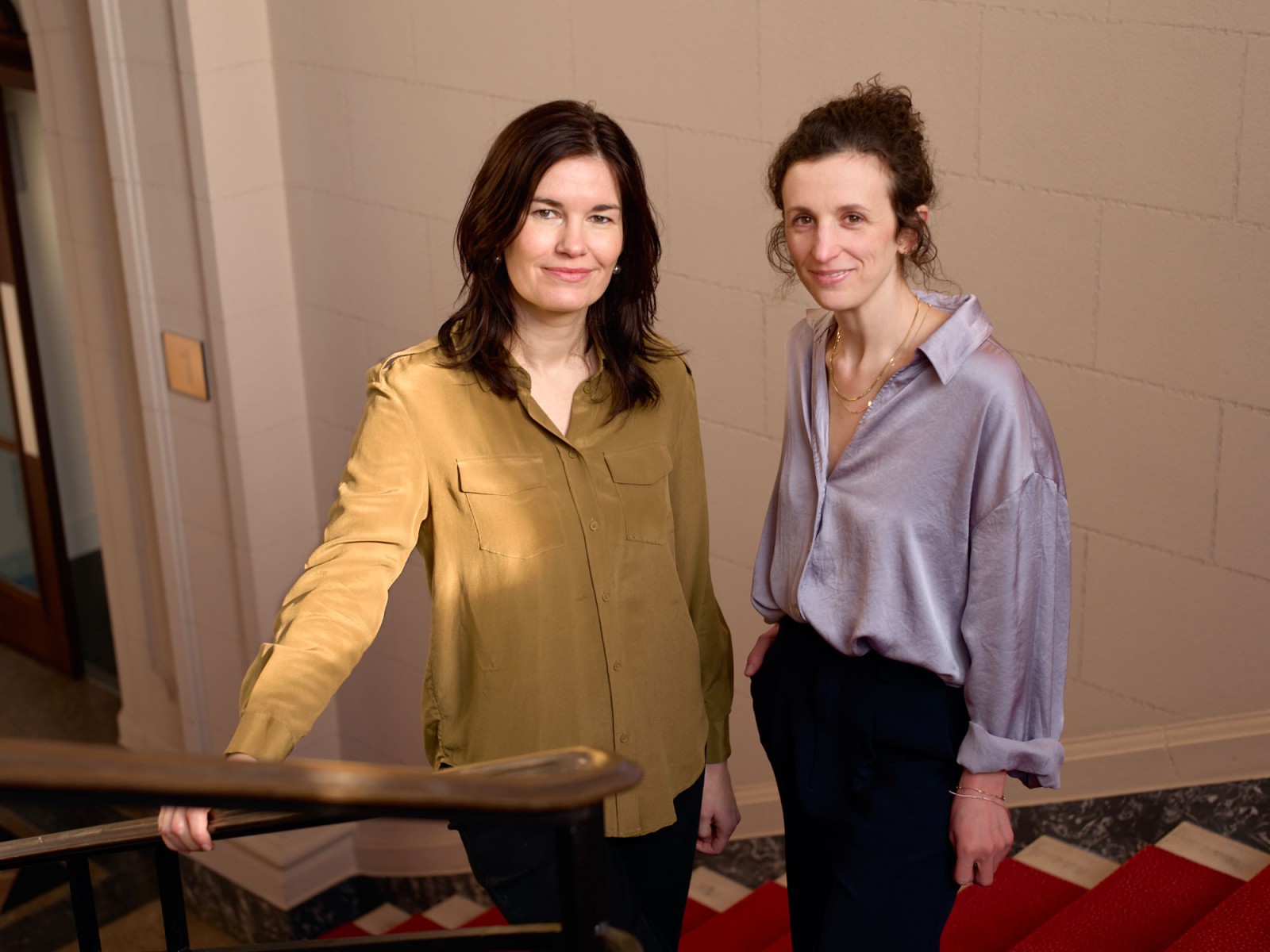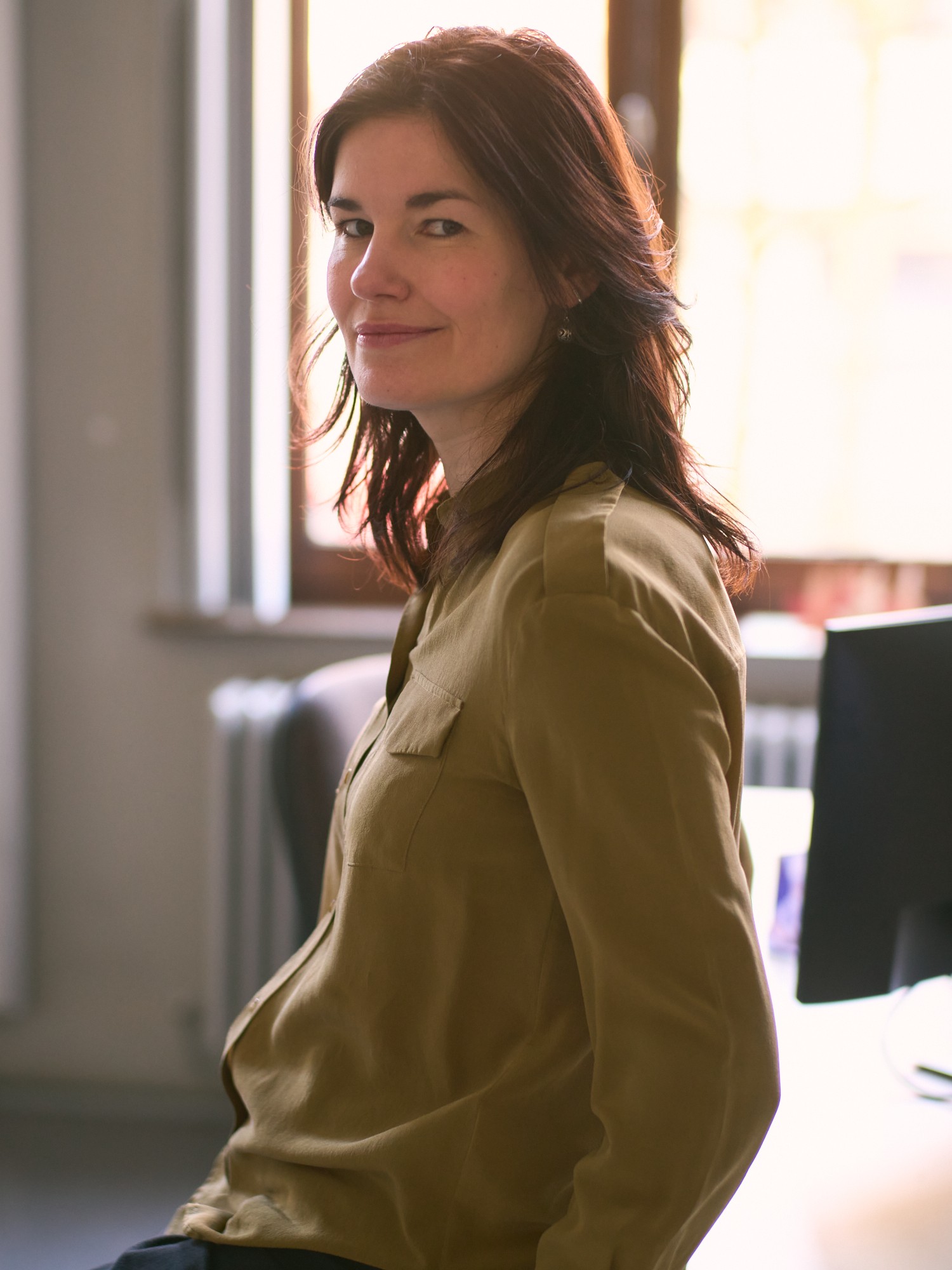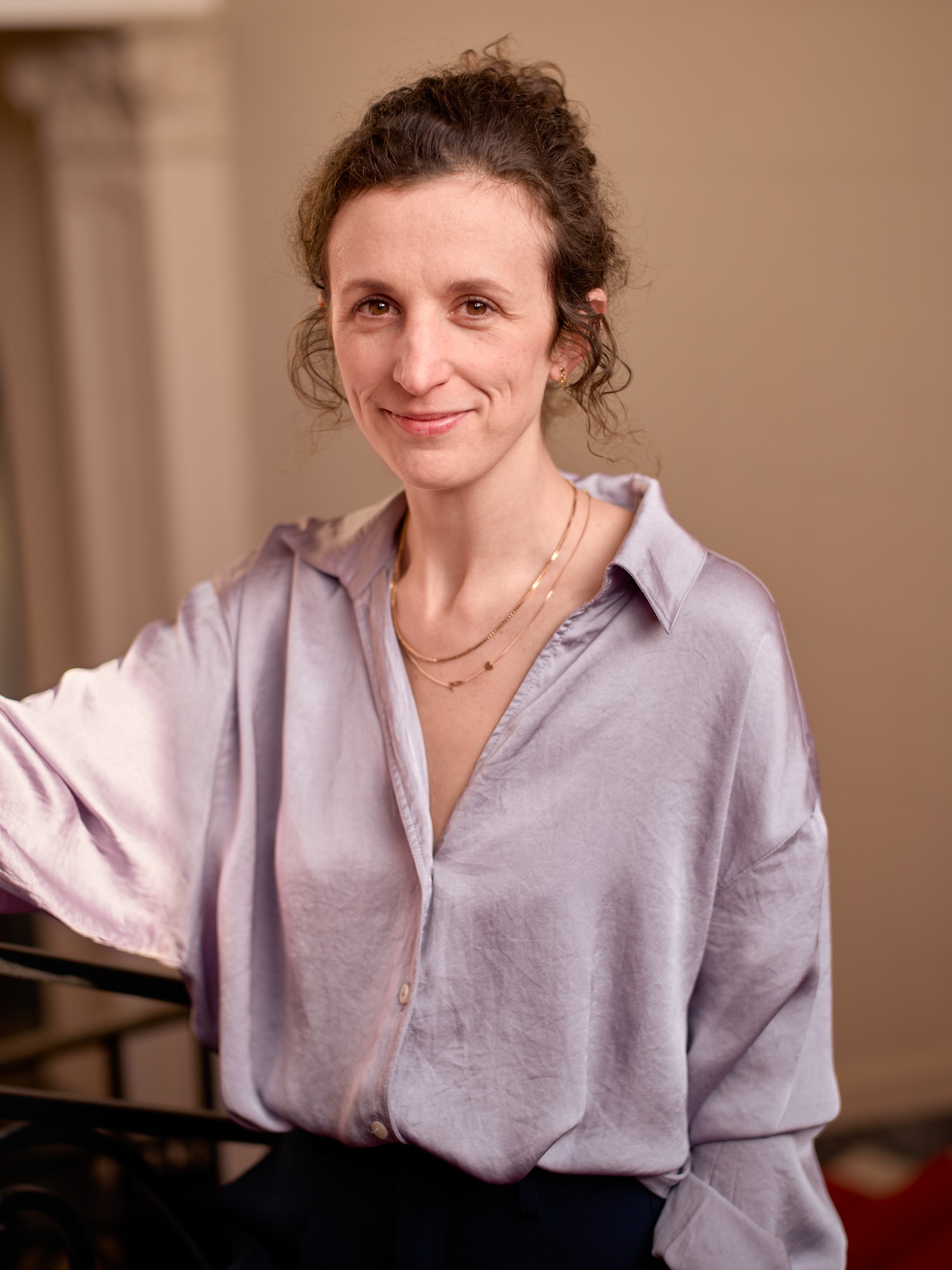Gone are the days when, after secondary school, you had to choose between studying languages or immersing yourself in technology. Or at least at Ghent University. At the Faculty of Arts and Philosophy, starting next academic year, you can opt for an educational track to become a language technologist. A sought-after profile on the job market, so it seems.

"True," agrees Orphée De Clercq, professor of Language Technology in the Applied Linguistics programme. "Language profiles in general remain highly sought after by companies. More than
Unique training in Flanders
Of course, there are already courses that link technology to language and work with machine learning and AI. "Throughout their education, our regular language students also come into contact with subjects such as digital text analysis, translation technology and digital communication. However, an integrated language technology training pathway is unique."
"Until now, mainly computer scientists and engineers are prepared to start work in the technical sector," Orphée knows. "But today there is a need for language engineers. The most hyped tools coming onto the market now are language engineering tools, just think of ChatGPT. Linguistic expertise to make those tools even better is really needed. In the new training programme, our students will study Dutch in combination with a foreign language - English, French or German - and also learn a computer language, Python. That is a widely used programming language in, for example, computational linguistics, web development and gaming."
Double expertise
Colleague Cynthia Van Hee, postdoctoral researcher, deflates the idea that AI and other new technologies make studying languages redundant. "On the contrary. In our highly globalised and digitised society, there is a constant need for multilingual communication, translation and technical understanding. Think, for example, of the major streaming platforms, which need a mass of subtitles. Language technologists can use their dual expertise in this: their language knowledge to make good translations and their technical baggage to help develop automatic subtitling systems. Developments in AI are moving fast and many market studies have already shown that existing jobs will change. With this course, we are preparing a new generation of language professionals."

Orphée De Clercq: "The most hyped tools coming onto the market now are language engineering tools, just think of ChatGPT. Linguistic expertise to make those tools even better is really needed."
"Moreover, we will also reflect with students on the moral and ethical issues involved in deploying technology," Orphée adds. "Big Tech is working on that too, but it still remains a blind spot. The voice of the humanities in all these new developments is still too often missing, but we are affiliated with the Faculty of Arts and Philosophy for a reason. Our students will become critical users as well as developers of AI, with an eye for the moral aspect."
More than just a hype
Orphée and Cynthia are part of the Language and Translation Technology Team (LT3), a research group within the Department of Translation, Interpreting and Communication. That is a team of language technologists, each with their own expertise and with both feet in the middle of the rapidly changing world of language and technology. "The programme has grown from the very broad expertise we have in house. We not only stay up to date, we also help research those state-of-the-art technologies. So we don't just run with the hype," Orphée says.
"We all have different profiles," Cynthia continues. "There are colleagues who are into automatic sentiment and emotion analysis. Others know all about machine translation, chatbots or computer-assisted language learning. So the content we will offer in the courses flows directly from our research findings, and students will get to work on real use cases."
Long-term job security
Do Orphée and Cynthia fear that language professionals will be replaced in the foreseeable future? "No, not at all," laughs Orphée. "Because we have such a broad and deep knowledge of the subject, we see that technologies like ChatGPT still have a long way to go." "Indeed," says Cynthia. "Doomsayers may shout that AI will replace us, but really understanding language, pragmatics, humour and sarcasm is still a long way off." Orphée nods: "We think it is especially important to use technology to support human tasks, not to replace them."

Cynthia Van Hee: "Doomsayers may shout that AI will replace us, but really understanding language, pragmatics, humour and sarcasm is still a long way off."
Would you like to know more about the language technology program at the Faculty of Arts and Philosophy? View all information about the course.
Orphée De Clercq is Professor of Language Technology for Educational Applications at the Faculty of Arts and Philosophy. Her research is situated within the research domain of language technology and, using learning techniques (machine learning), she investigates how language technology applications can be used for computer-assisted language learning.
Cynthia Van Hee is a postdoctoral researcher and lecturer in language technology at the Department of Translation, Interpreting and Communication. She conducts research on automatic modelling of irony and has expertise in research with a strong social finality, such as the automatic detection of cyberbullying.
Both are affiliated to the Department of Translation, Interpreting and Communication, research group LT3. Together with several other colleagues from the same research group, they have been working in recent months on an accessible book on language technology: "Language technology unravelled: how language and technology go hand in hand" (Taaltechnologie ontrafeld: hoe taal en technologie hand in hand gaan), to be published in May 2024.
Read also
Identifying emotions in texts, a language technology marvel
With the aid of AI, Ghent-based company AlfaSent is able to recognise emotions in texts. It’s a prime example of language technology, an area that is rapidly gaining ground. Founder and UGent alumna Ellen De Geyndt: “I’ve always been interested in both language and technology but I wasn’t aware that I could combine the two.”
Six tips for healthy screen time (for children & adolescents)
Our children are growing up in a world filled with screens. How much should we worry about this? Professor Mariek Vanden Abeele (imec-mict-UGent) analyses the benefits and drawbacks of digital connectedness among young people, and tells us how we can ensure healthy screen time.
Are classical languages still of any use?
With clock-like regularity the debate pops up about whether studying Greek and Latin is still useful. Some claim that classical languages are useless on the job market. For others, they are the foundation of our society. What should we think about that? We asked hellenist Evelien Bracke and got a nuanced answer.
Accepting cookies? Less innocent than you think
We all do it, accepting cookies without thinking when we visit a website. It seems quite harmless, but it is not. In fact, it is downright dangerous, according to human rights expert Professor Joe Cannataci.



